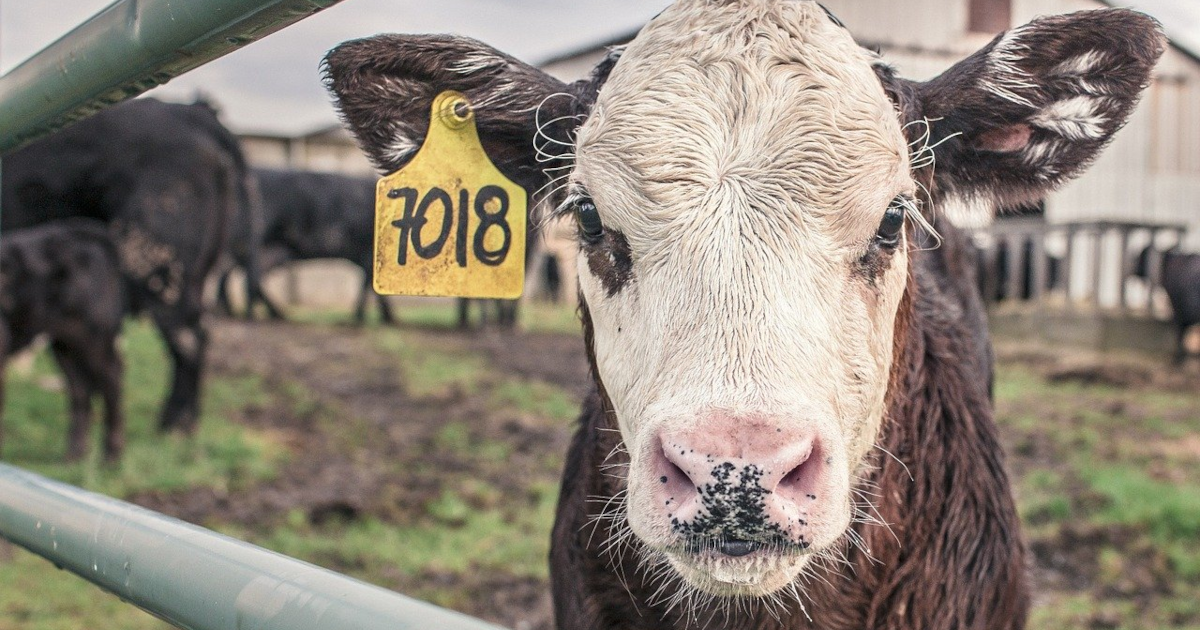
Public Development Banks Must Stop Financing Factory Farming
The UN Secretary-General warns that the climate crisis is a “code red” warning for humanity. Yet multinational development banks (MDBs) that have pledged to align their lending with the Paris Agreement continue to pump tons of public money into industrial animal agriculture.
April 1, 2023 | Source: Food Tank | by Peter Stevenson & Kari Hamerschlag
The UN Secretary-General warns that the climate crisis is a “code red” warning for humanity. Yet multinational development banks (MDBs) that have pledged to align their lending with the Paris Agreement continue to pump tons of public money into industrial animal agriculture—ignoring warnings from the International Panel on Climate Change (IPCC) and the U.N. Convention to Combat Desertification that we must dramatically transform and scale back greenhouse gas (GHG) emissions from these high emitting operations in order to build resiliency and reach Paris climate goals.
The International Finance Corporation (IFC), the private sector arm of the World Bank, directly funds industrial pig and broiler chicken operations in Vietnam, Ecuador, and Uganda. Other financing is indirect, such as the IFC’s proposed loan of up to US$200 million to Louis Dreyfus Company (LDC) to support massive soy and corn monoculture, crops used as feed for industrial livestock. More than three-fourths (77 percent) of global soy production is used to feed farm animals, mainly in the pig and poultry sectors.
